Research Overview
Quantitative Imaging & Informatics Laboratory
Research Topics

Agentic AI in Medicine and Healthcare
Agentic AI refers to intelligent systems capable of autonomous decision-making. We have been developing agentic AI systems that can analyze multimodal data, adapt to evolving diagnostic tasks, and proactively support medical practitioners, ultimately enhancing both accuracy and efficiency in clinical and research settings.
- Autonomous diagnostic reasoning and planning
- Multimodal data integration and adaptive decisoin-making
- Multimodal AI architecture and learning strategies
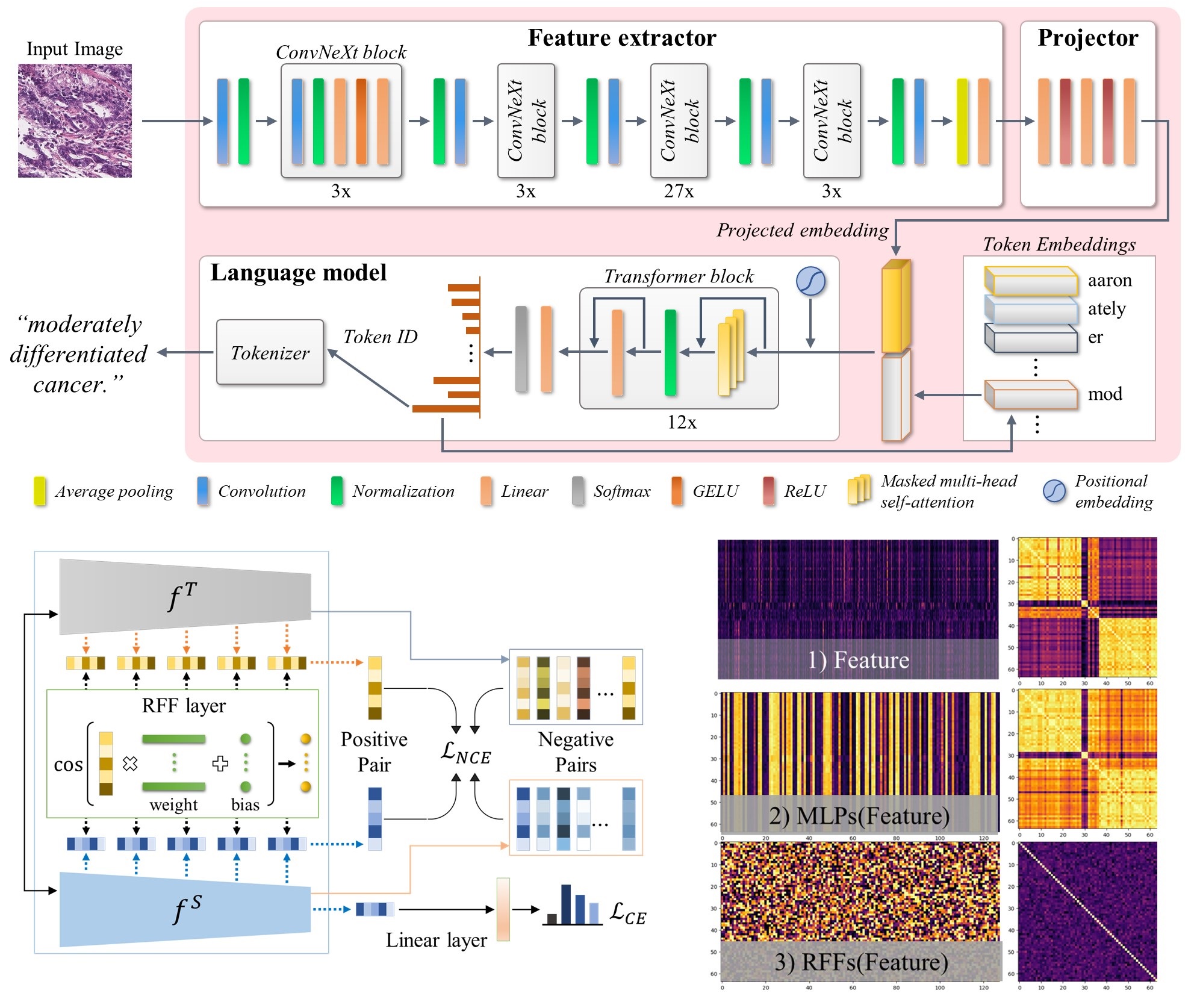
Geneartive & General AI
AI has been successfully applied to numerous applications; however, most of them are application- or task-specific. In order to improve the generalizability of AI, we have been working on domain-invariant AI, vision-language models, and foundation models to build AI models that can perform a wide range of tasks regardless of domains.
- Domain-invariant feature representation and learning
- Large-scale language models and diffusion models
- Foundation models and pre-training algorithms
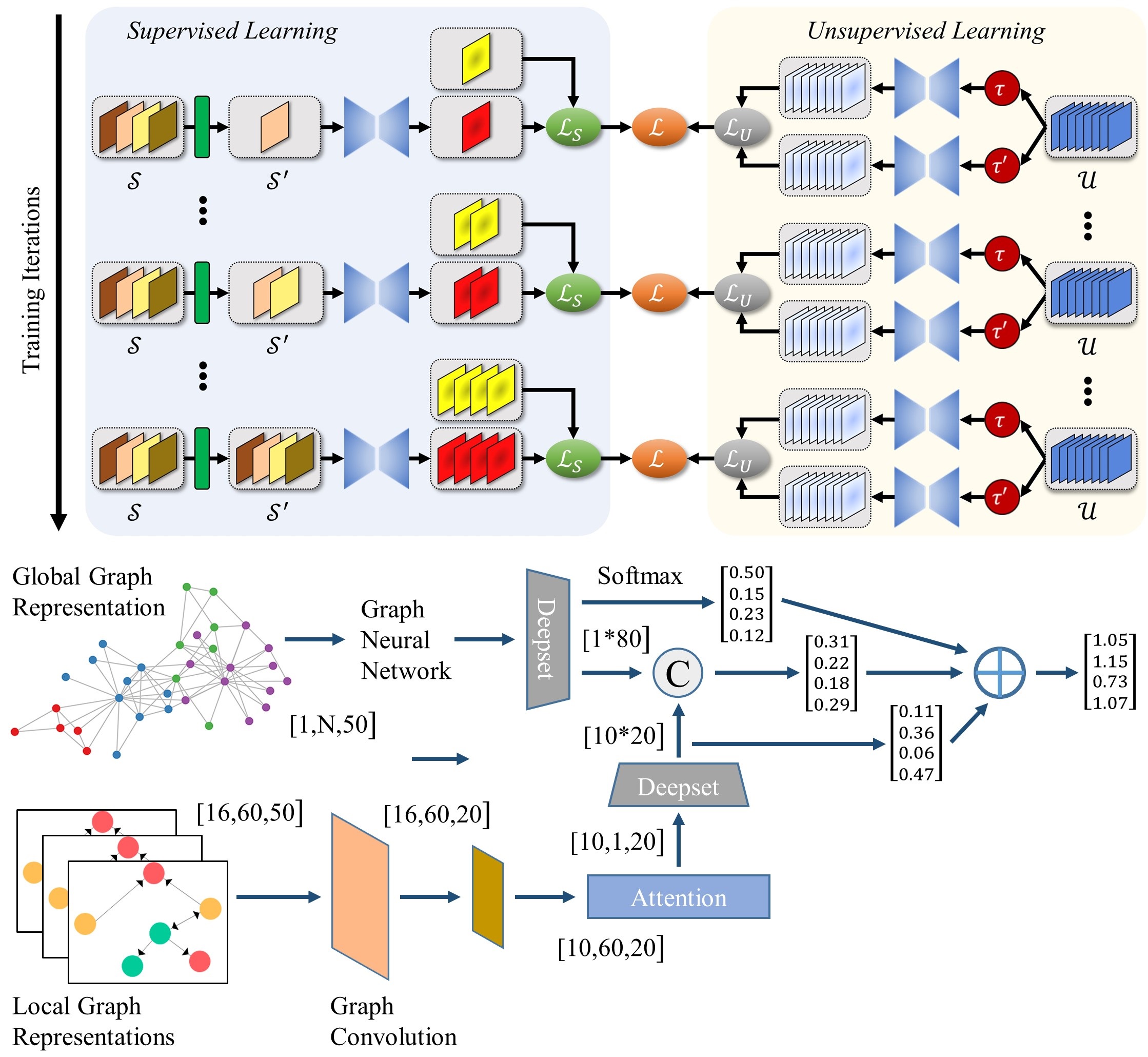
Advanced Deep Learning & Machine Learning
Deep learning and machine learning techniques have been recently revolutionizing not only the scientific community but the entire society. In line with the traditional techniques and algorithms, we have been developing advanced algorithms and methdologies that can lead to an effective and efficient knowledge represenation and decision making.
- Multi-scale, multi-modal, and multi-task learning methods
- Semi-supervised and unsupervised learning algorithms
- Transformers and hybrid architecture
- Graph neural networks
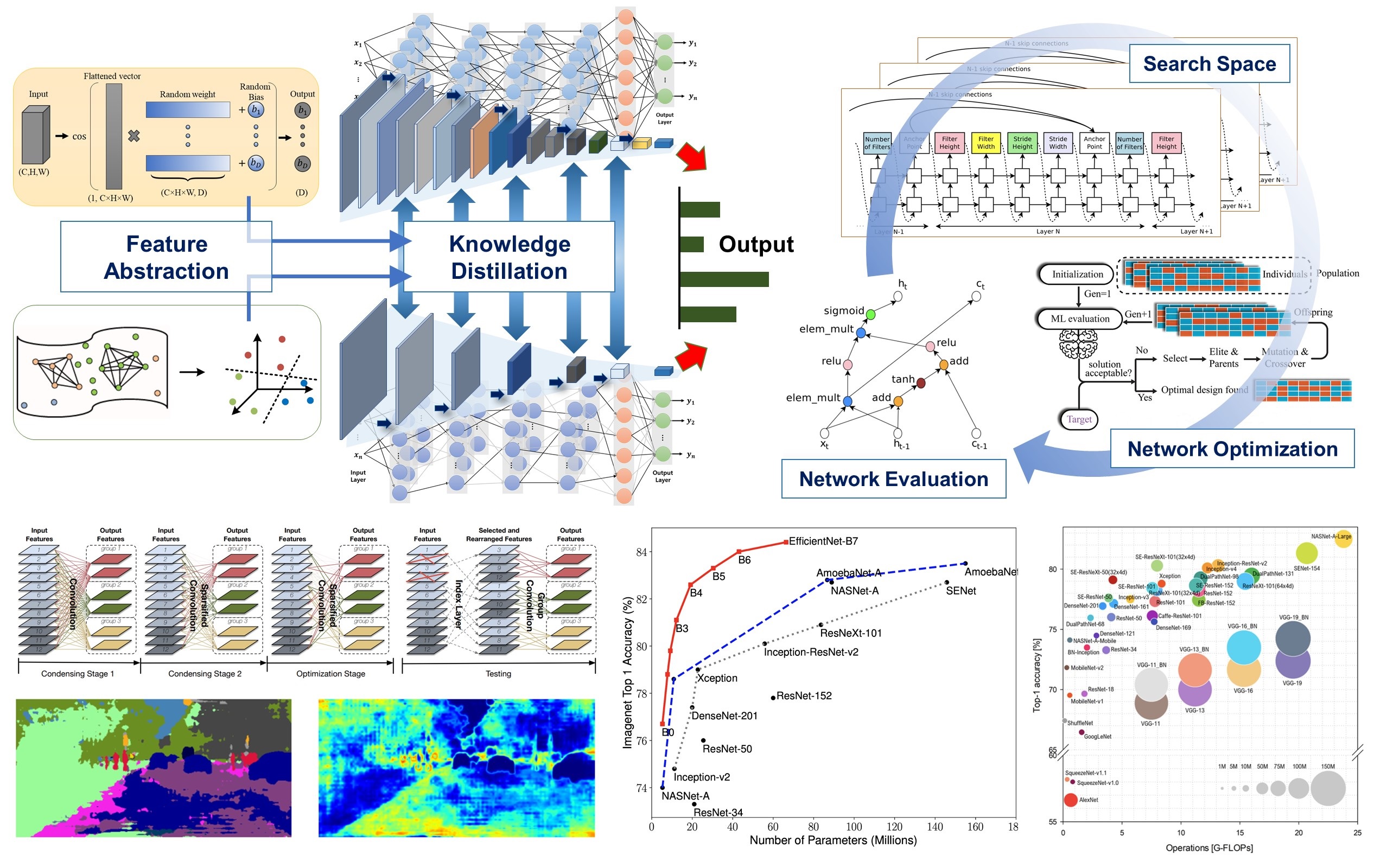
Light-weight & Low-power AI
The performance of AI has been significantly improved at the expense of the model complexity. As the complexity keeps increasing, in particular large-scale language models, AI models require a tremendous amount of computational power and resources. We investigate a variety of methologies and strategies to improve the efficiency and cost of AI models.
- Light-weight model architecture design
- Model compression and optimization methods
- Hardware-efficient AI model
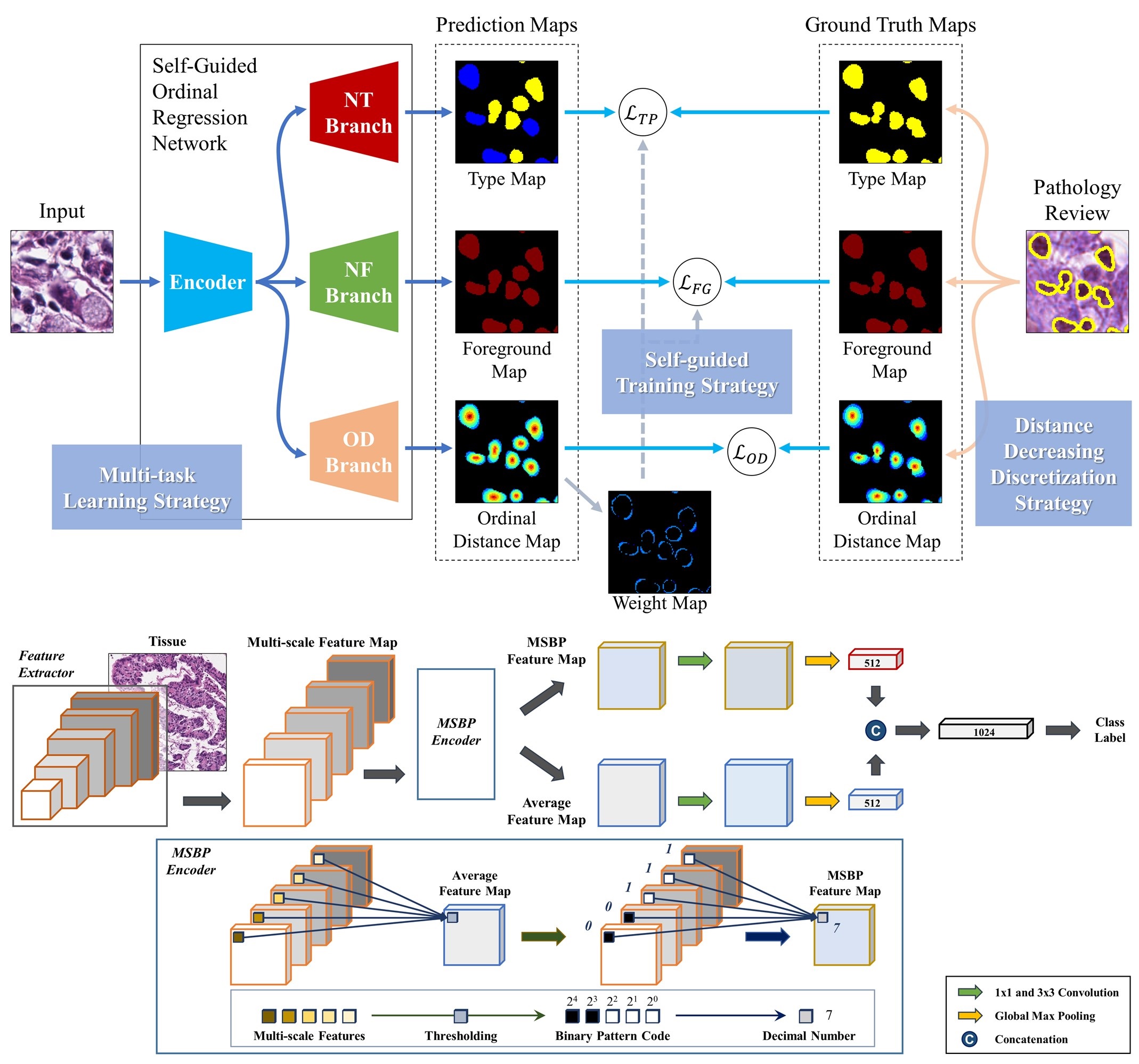
Digital & Computational Pathology
Digital & computational pathology is an emerging practice of computerized image processing, analysis, and interpretation of digitized tissue specimen images at microscopic scales. We have been working on developing segmentation methods for tissues/cells/nuclei as well as machine learning methods for accurate and robust cancer detection, diagnosis, and prognosis. We are also dedicated to developing computational methods to analyze and understand tumor microstructure and heterogeneity.
- Preprocessing and normalization of images
- Image classification, segmentation, and generation models
- Quantification of structural/biochemical/functional tissue characteristics
- Discovery of imaging markers
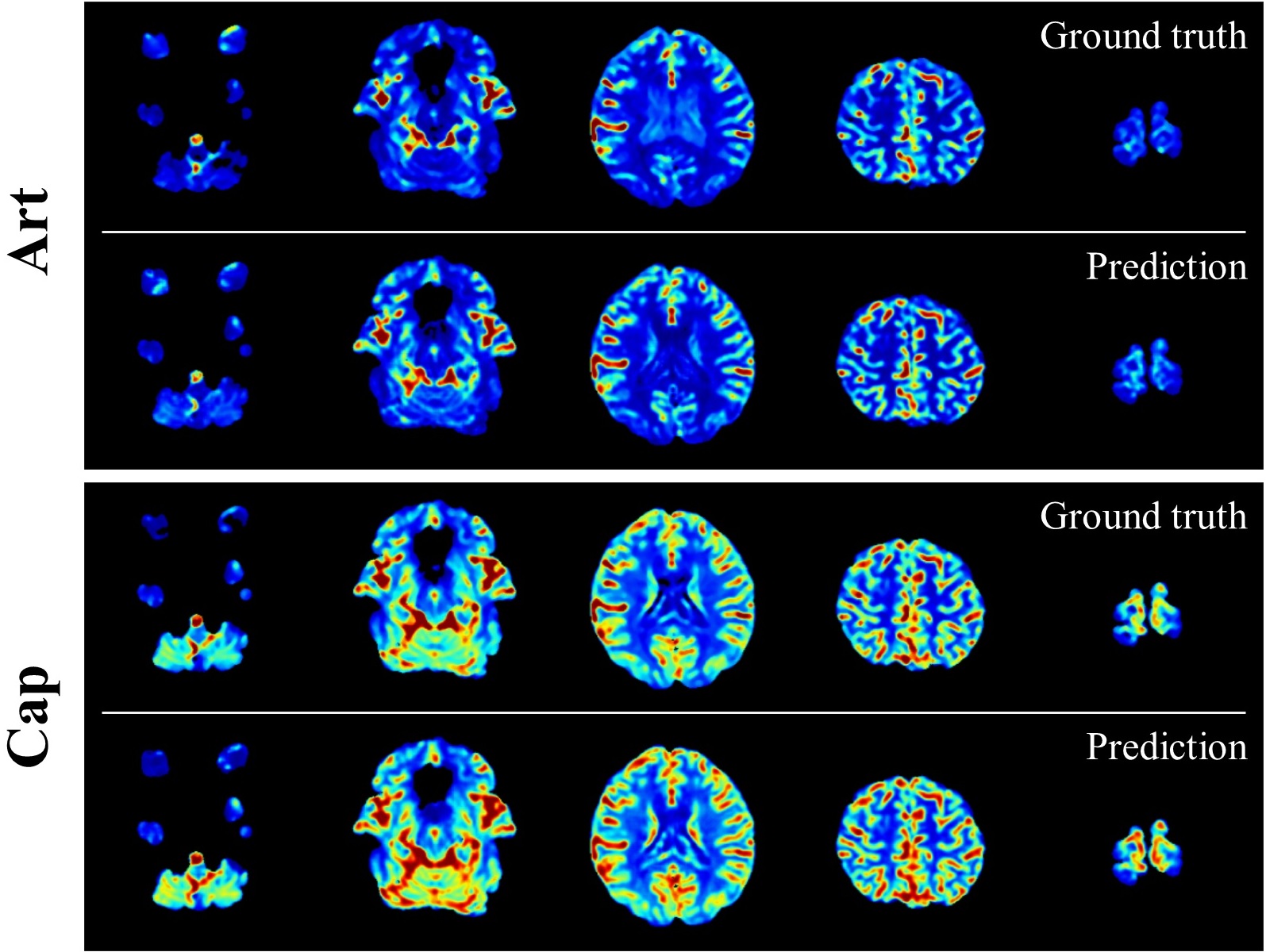
Quantitative Brain/Stroke Imaging
Diagnosis of stroke has been primarily dependent on manual interpretation and assessment of several CT/MR images. The manual process is slow and inaccurate, leading to complications and poor outcomes. We develop computational tools that are tailored for brain/stroke imaging.
- Automated detection of infarcts
- Generation, grading, and interpretation of collateral imaging
- Precise outcome prediction for stroke patients
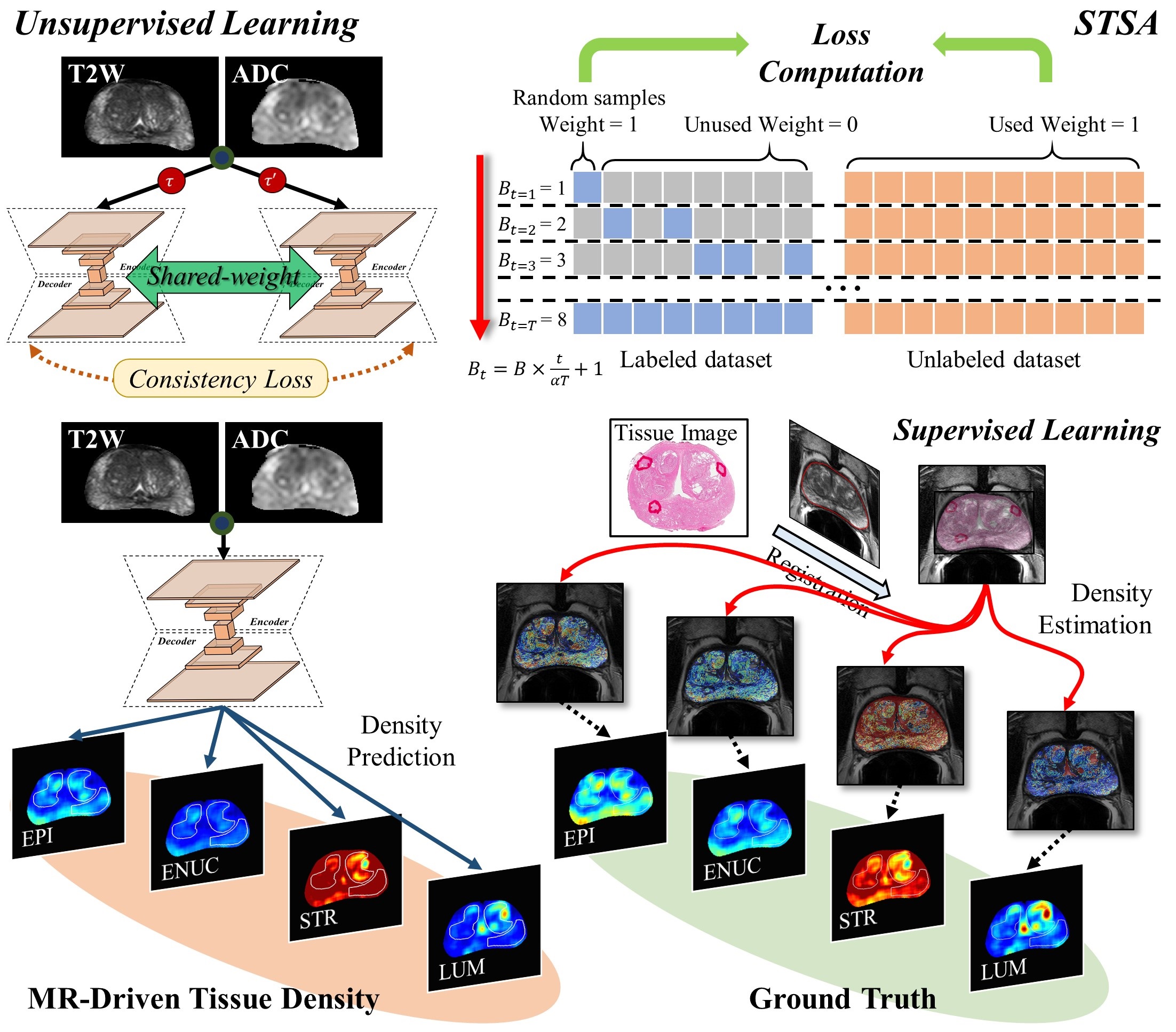
Radiology-Pathology Correlation
Radiology imaging permits non-invasive visualization of suspicious lesions. Digital pathology enables reproducible and quantitative measures of tissue microstructures. These quantitative measures are not only useful in improving cancer diagnosis and prognosis but also provide an index of tumor heterogeneity. We investigate the relationship between radiololgy imaging and digital pathology analysis in a systematic fashion.
- Multi-modal image processing and registration
- Correlation of radiology and pathology imaging
- Histological and prognostic characterization of cancers on radiology imaging
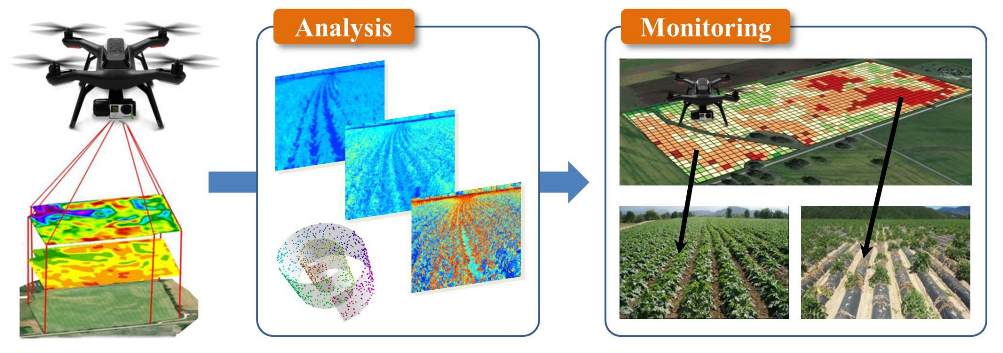
Surveillance and Monitoring Drone System
Drones have recently gained much attention for surveillance and monitoring purposes. Drones, equipped with high-resolution camera, computer vision, object recognition, and tracking techniques, enable collecting imaging data from a distance or altitude. We develop computerized methods to process and analyze the data/information obtained from drones.
- Detection of plant pest and disease at early stage
- Prediction of the spread of the pest and disease.